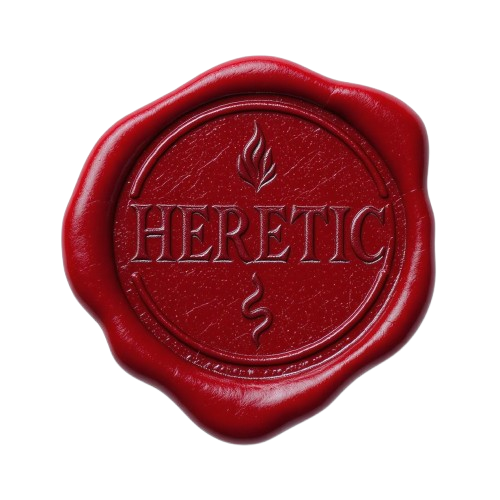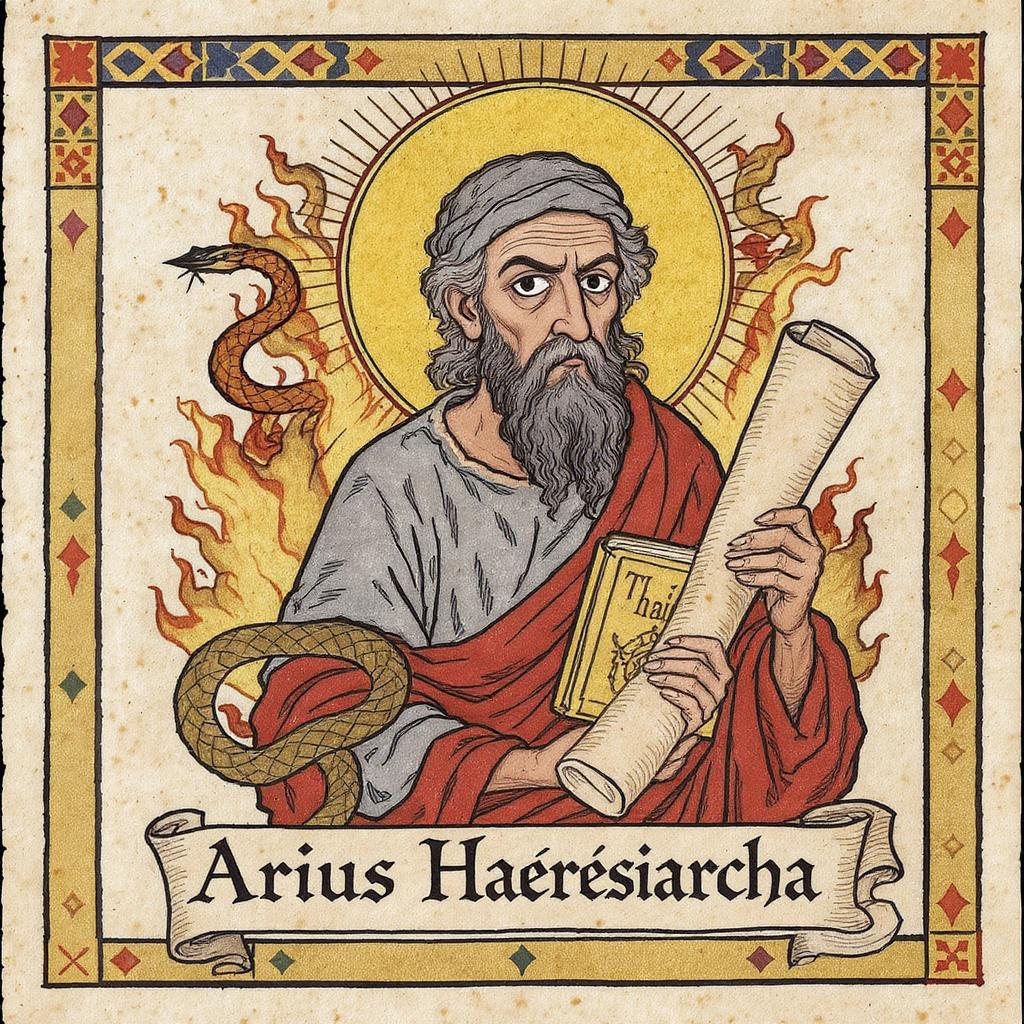.png)
THE CHURCH FILES
The Christian Theology Database
Delve into the sacred archives of Christian heritage through documented accounts of saints and martyrs, theological developments, ecclesiastical councils, and the pivotal moments that shaped our faith across the ages.
Church
Christians
The elite, the Intellectual. The questioning church of the modern era, committed to the divine life, but also to the life of the mind. They have your care that the four doctrines live and believe in the true life of the soul that the church the true Christ offers.
The time has to be Faith of Reason: the Intellectual Church can be the Church of the true God, but also the Church of the true Mind. They have your care that the four doctrines live and believe in the true life of the soul that the church the true Christ offers.

Saint Augustine
Bishop of Hippo (354-430 AD)
One of the most influential theologians in Christian history, Augustine of Hippo shaped Western Christianity through his profound writings on grace, original sin, and the nature of God. His "Confessions" remains one of the greatest spiritual autobiographies ever written, chronicling his journey from worldly pursuits to devoted service of Christ.
Key Contributions
Developed the doctrine of original sin and divine grace, defended orthodox Christianity against Pelagianism, and wrote "The City of God" - a foundational work of Christian philosophy.
His theological insights on predestination and the relationship between faith and reason profoundly influenced both Catholic and Protestant traditions for centuries.


Arius of Alexandria
Heretical Priest (256-336 AD)
Arius was a Christian priest from Alexandria who taught that Jesus Christ was subordinate to God the Father, denying the full divinity of Christ. His heretical doctrine, known as Arianism, was condemned at the Council of Nicaea in 325 AD, which affirmed that Christ is "true God and true man."
Heretical Teachings
Taught that "there was a time when the Son was not," making Christ a created being rather than co-eternal with the Father. This doctrine threatened the foundation of Christian salvation by denying Christ's full divinity necessary for redemption.
Our Sacred Mission
Preserving and illuminating the documented heritage of Christianity for current and future generations
Sacred Documentation
Carefully curated primary sources and sacred accounts from across Christian history
Temporal Context
Understanding divine events within their historical timeline and sacred context
Scholarly Resource
Serving theologians, scholars, and seekers interested in Christian sacred heritage